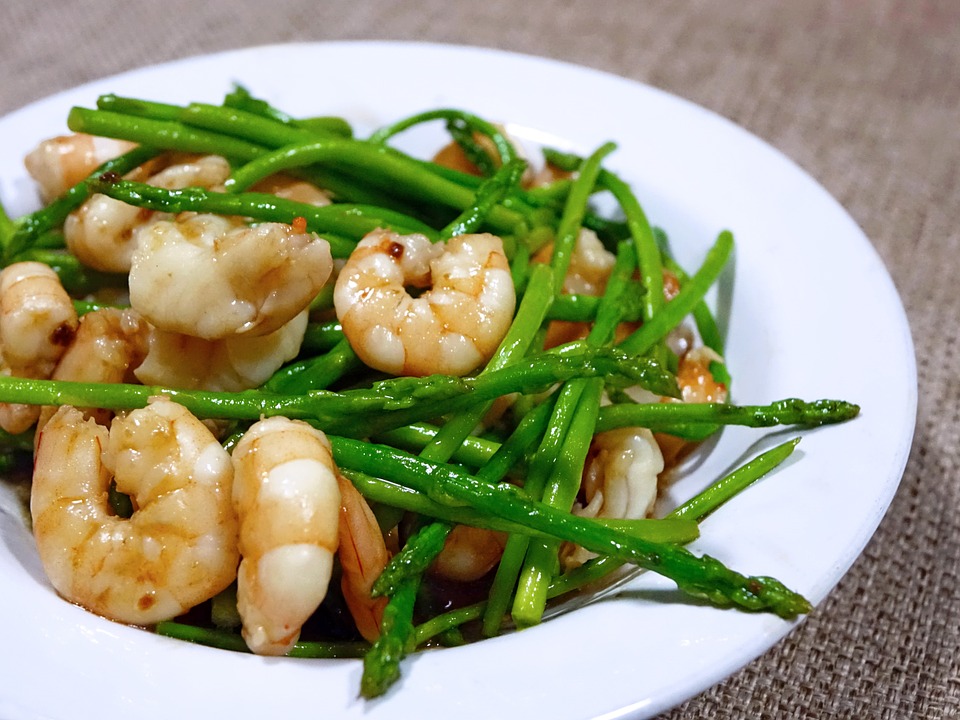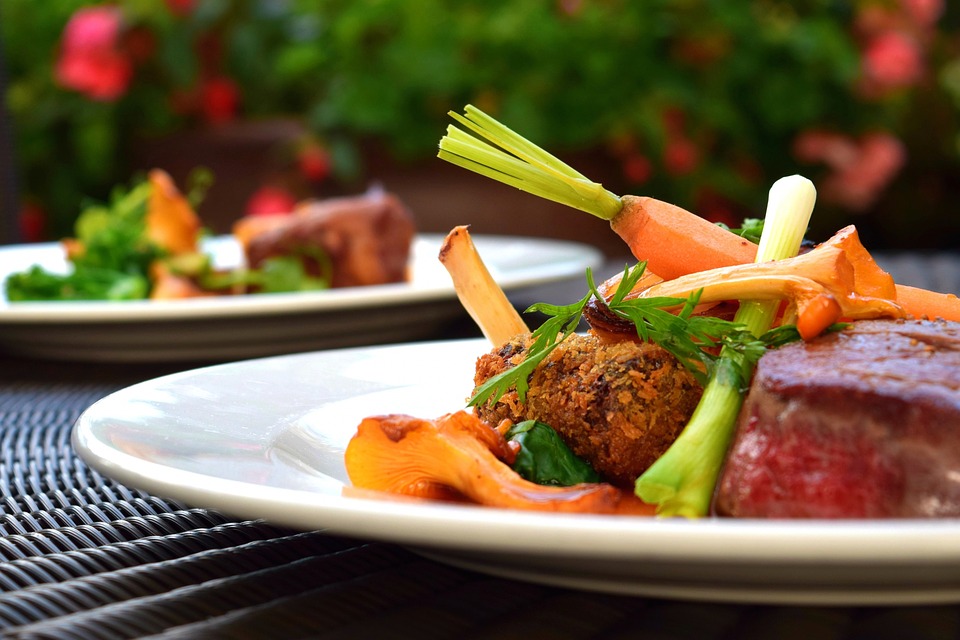Healthy eating can help you lose weight, live a longer life, and feel better each day. However, fresh foods, and especially organic foods, generally cost much more than packaged, processed junk. If you’d like to clean up your diet while sticking to a budget, follow these tips to get started.
Although it might seem counterintuitive to purchase frozen produce over fresh, it’s actually a great way to save money and reduce wastage. Frozen produce like berries are cheaper, especially when fresh berries are out of season. When you buy frozen, you’ll save money on the product itself and you’ll also remove the pressure to eat the food quickly.
Skip Eating Out
Eating out comes with ridiculously high prices and lots of extra calories. Sure, the portions from restaurants might be ample, but that food often goes to waste if it doesn’t re-heat well. If you’re prone to eating out several times per week, this is the number one way to trim down your budget. If you’re one of the many who spends their lunch break picking up fast food, the best thing for your wallet is to meal prep at home.
Opt for Chicken
Chicken is high in protein and low in calories compared to red meat. To save money, opt for poultry over red meat and fish. In order to get the best deal, consider purchasing a whole chicken and roasting it to enjoy the meat in multiple meals.
Stop Drinking Your Calories
Soda, sugary coffee drinks, and alcohol are a huge culprit of weight gain and cardiovascular problems. To safeguard your health as well as save money, try drinking only water and water-based beverages like tea. Just by skipping the trip to the coffee shop each morning, you could potentially save over 1,000 each year.
If you’re lucky enough to live near a farmer’s market, taking advantage of this opportunity is an absolute must if you’re hoping to eat healthy while saving money. When you shop at a farmer’s market, you’re benefiting yourself and the community. You’ll save money on fresh food, and also reduce your carbon footprint since the food didn’t have to be transported from hundreds or thousands of miles away.
Buy in Bulk
Unless you’re eating a strict vegan or vegetarian diet, you’re not likely to be able to purchase all of your food from a farmer’s market. At wholesale stores like Costco and Sam’s, it’s possible to slash spending on bulk items like shredded cheese, chicken breasts, and coffee.
Start Couponing
If you frequent stores like Walmart and Target for delicious items like hamptoncreek salad dressings, it’s helpful to learn the art of couponing. Most large stores have a couponing section on their website, or you can sign up for newsletters that alert you to the latest deals. Couponing can help you save money on essentials, and can potentially save quite a bit of money on groceries each month.
Grow Food at Home
You can still grow food at home even if you have limited space to work with. If you’re lucky enough to have a backyard, you open up a large number of possibilities. However, even those who live in apartments with a balcony should be able to grow small items like beans or herbs. Conduct a few minutes of online research or pick up a book from the local library to find out what foods grow best in your area, and then get started on your gardening journey.
Meal Plan
Even if you’re doing your best to eat healthfully, food wastage is a huge source of lost money. Stocking up on fresh food at the store is only helpful when you’re able to eat all of that food before it goes bad. To prevent food loss, spend time planning your meals before heading to the grocery store. When you’ve prepared a list, try to stick to it to honor your budget and prevent wastage. If you’re low on time and need to prepare a healthy meal that will last for a few days, soups and casseroles are great options for meals that are packed with veggies that the whole family can eat for a few days. This way, you’ll be able to feed yourself and your family a nutritious meal without breaking the bank.












Comments are closed.